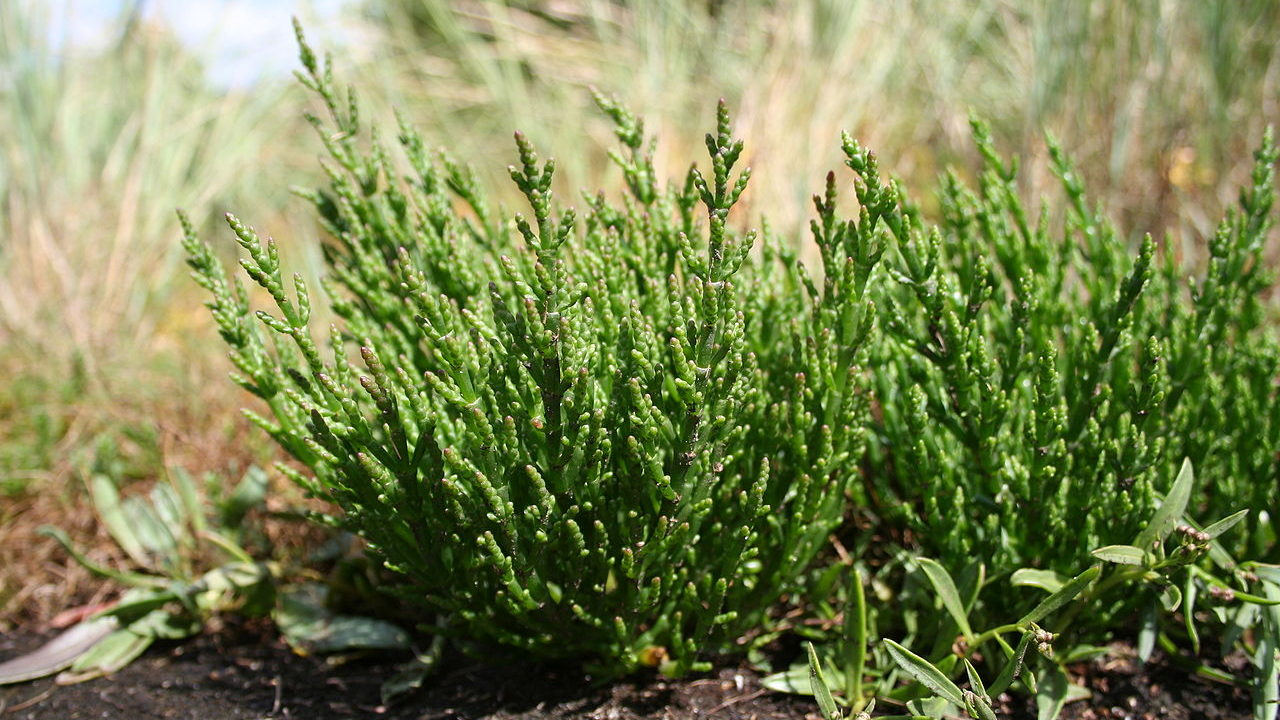frog environmental continues research and development with
SEACAMS Swansea University.
Aquaculture is becoming increasingly important for food production in the UK and we strongly believe that it has a large role to play in food security in both freshwater and marine environments. The net-export value in fish and seafood exceeds that of rice, coffee, sugar and tea combined,
with over 50% coming from developing countries.
The need for well managed, sustainable fisheries and aquaculture practices has never been greater.
BioHaven Floating Wetlands can not only contribute to the water purification within a fishery or aquaculture system but can provide a platform to produce and harvest a secondary food source.
Our initial investigations with SEACAMS Swansea University showed that even in very high saline conditions it is possible to hydroponically grow plants including Samphire (Salicornia europea), Sea Rush (Juncus maritimus) and Spartina anglica (English Cordgrass), all of which can contribute to nutrient reduction within the water.
This has led to a new research project with Swansea University and we look forward to welcoming Vanessa into the team on an MRes internship to investigate how BioHaven Floating Islands can be used to grow edible plants in the marine environment.
A
full plant list for BioHaven is available (research is ongoing and the list may expand beyond this).

